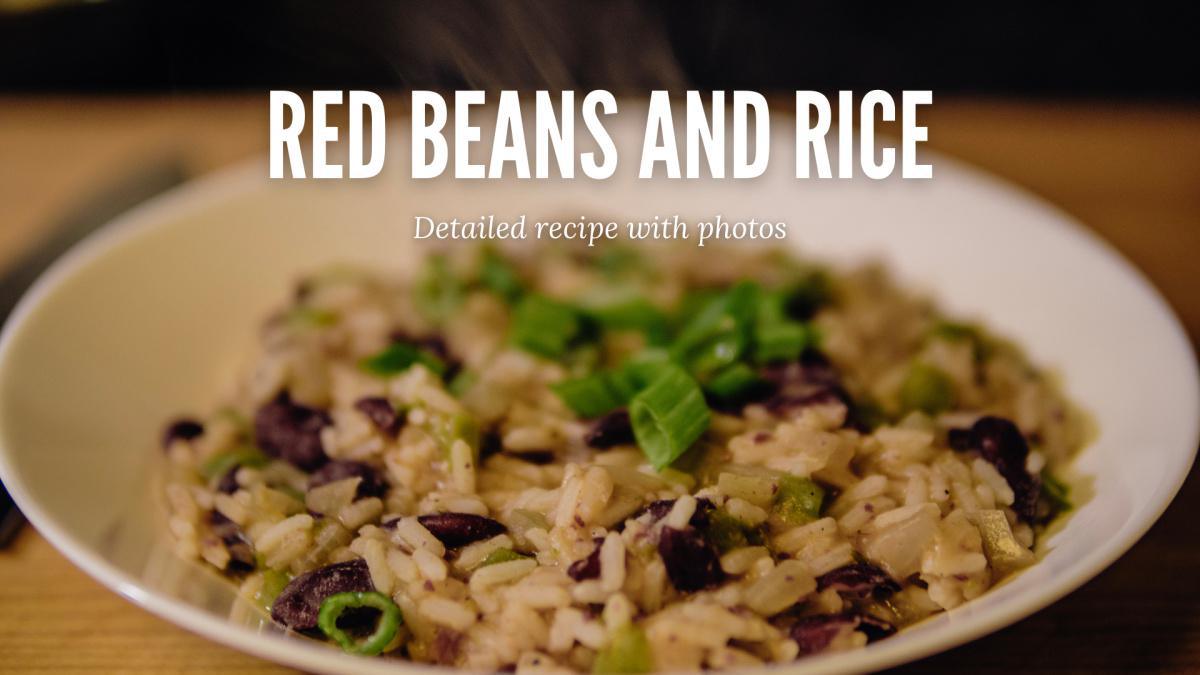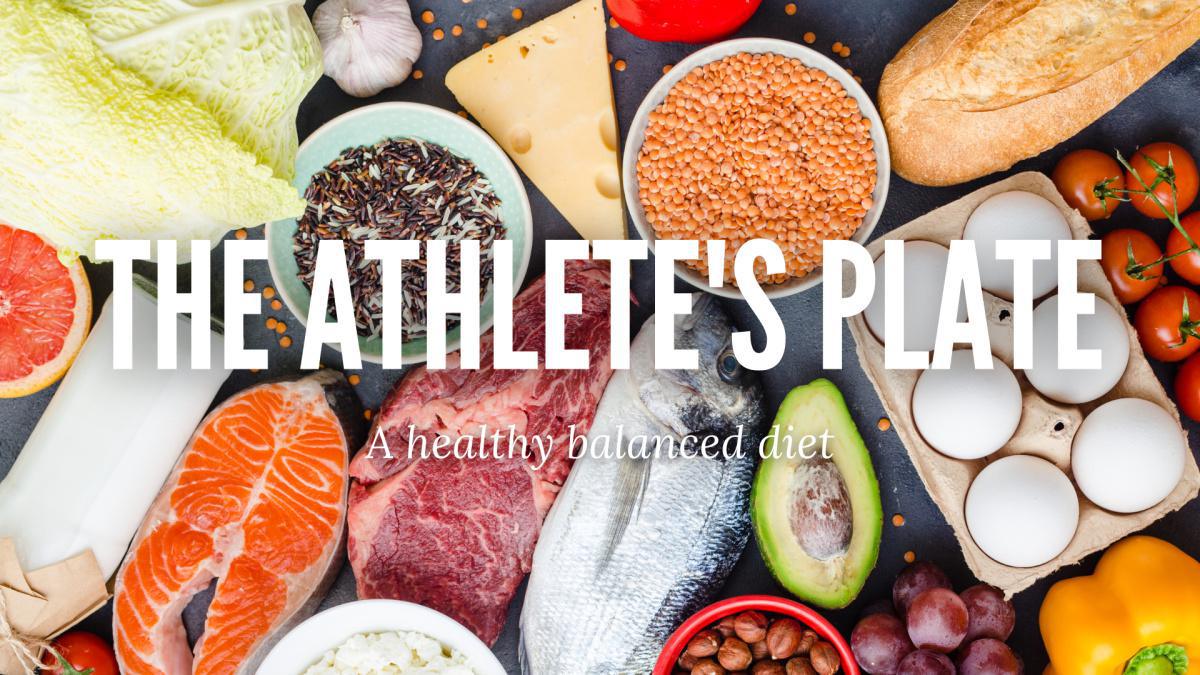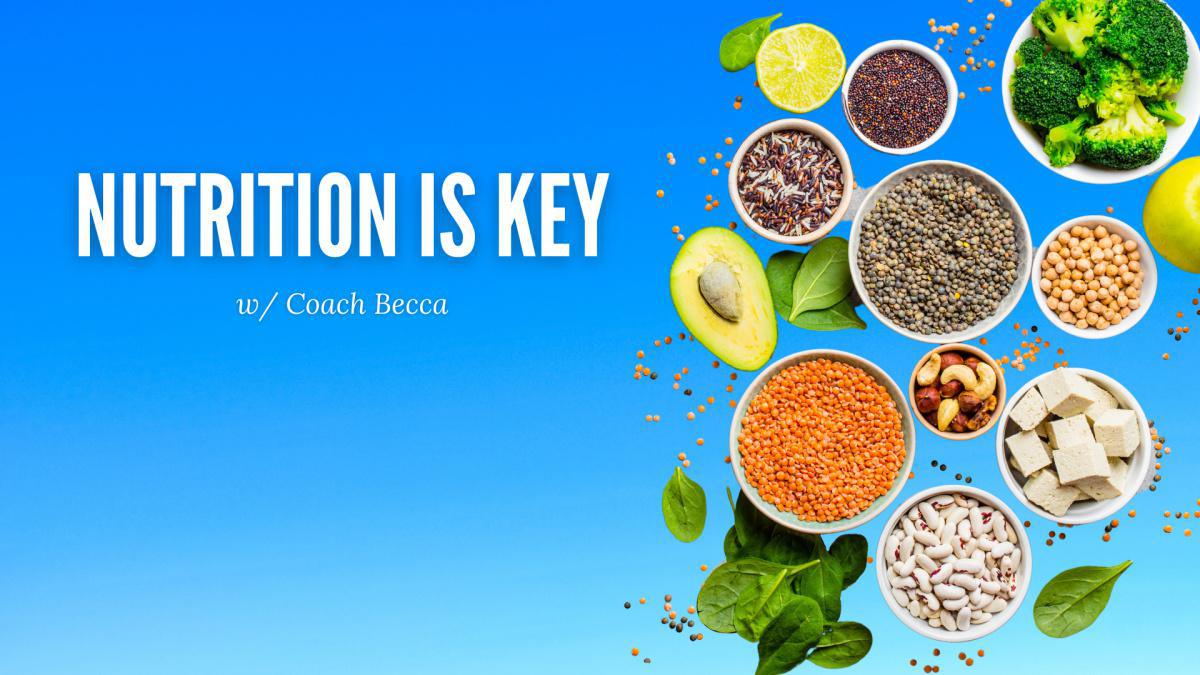Updated 01/17/24 1:25 AM
Nutrition and Recipes:
During the Run Nutrition

Learning to fuel during your run is an important part of training for a marathon. Taking in adequate fuel provides your body with the carbohydrates it needs to stay energized, to maintain glycogen (carbohydrate) stores as long as possible for when they are really needed. Keeping your glycogen stores as high as possible also helps you to be ready quickly for your next training session. Maintaining hydration is equally important. You should think about fueling on any run that will last 90 minutes or more.
The goal is to take in 30-90 g of carbohydrate for each hour you are running. If the run is in the 90-120 minute range, you can be towards the lower end. If it is 3-4 hours or more, then you want to try your best to be closer to the upper end. You also want to drink 16-32 oz of fluid each hour. This should be an endurance-specific electrolyte mix containing salt and carbohydrate. Many runners like to alternate sips of electrolyte mix with sips of plain water. Begin to fuel and hydrate about 30 minutes in and continue every 20-30 minutes while you run.
We typically think of carbohydrates in 15 g “units”. This allows for adjustment within the 30-90 g range. It also allows you to take one “unit” about every 20 minutes. A typical gel has 20-25 g of carbs. Half a cup of potato or sweet potato, half a banana, or a date all have about 15 g of carbs. One ounce of potato chips or ¾ ounce pretzels or six Swedish Fish are also 15 g units. There are many other possibilities, such as pancakes, bars, cookies, sports chews and high-calorie sports drinks.
One important aspect of training is to dial-in your fueling plan. Start now! If you don’t have a tried-and-true yet, try out something new on your next long run. If it doesn’t work, that’s fine. Just try something else the next time. You can keep a journal to help. Note what, how much, and when you ate and as well as your energy level and any GI symptoms so that you can remember how a certain food affected you. The goal is to know what you’ll eat and when on race day. Also remember, every athlete is different. Some need more carbs, others less. Some benefit from some fat and protein (think pb & j pieces or peanut M&Ms), others need just carbohydrates. Your body will be your best guide.
Got questions? Feel free to email me at beccablumberg@gmail.com
Some ideas on what to eat, how to make it, and how to eat it.
Read more Nutrition and Recipes:
Also see:
UCSF Sports Medicine
The UCSF Sports Medicine team gives fantastic information for all marathon runners.
Tutorials
Simple instructions for how to perform exercises for running.
Yoga for Runners
A group of physical, mental, and spiritual practices aimed at self-controlling the body and mind of a runner.
Strength Training
Using strength and resistance training to improve marathon performance.
Health and Performance
We're excited to re-introduce Dr. Jeff Shapiro to our SFM community. If you're looking to improve your health and performance, you know an overwhelming amount of information and opinion is conflicting, counterproductive or harmful. We're giving Dr. Jeff a platform to address this. In his articles, Dr. Jeff will discuss exercise and nutrition physiology (how the body works) allowing you to ignore chatter and reject myths. For example, should you carbohydrate load and/or eat during running? Are pills on SFM weekend harmful? After graduating from Stanford and Yale, Dr. Jeff served as medical director of the San Francisco Marathon for a decade, completed and lectured at 50 marathons and trained athletes to achieve peak organ function for 30 years. Dr. Jeff appeared on ABC News' 20/20 "Super Humans," consulted for CBS News' 60 Minutes "The Toughest Race" and co-produced “Ultra Running” for The Late Show. At the 2023 San Francisco Marathon, Dr. Jeff received a standing ovation for his presentation on exercise/nutrition physiology and adverse effects of pills. Since he teaches physiology, Dr Jeff’s presentations will read like science instead of a blog. Train Well with Dr Jeff starting in May 2024.




